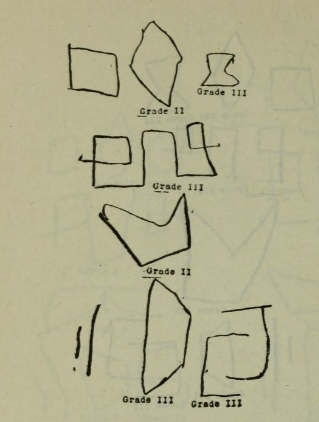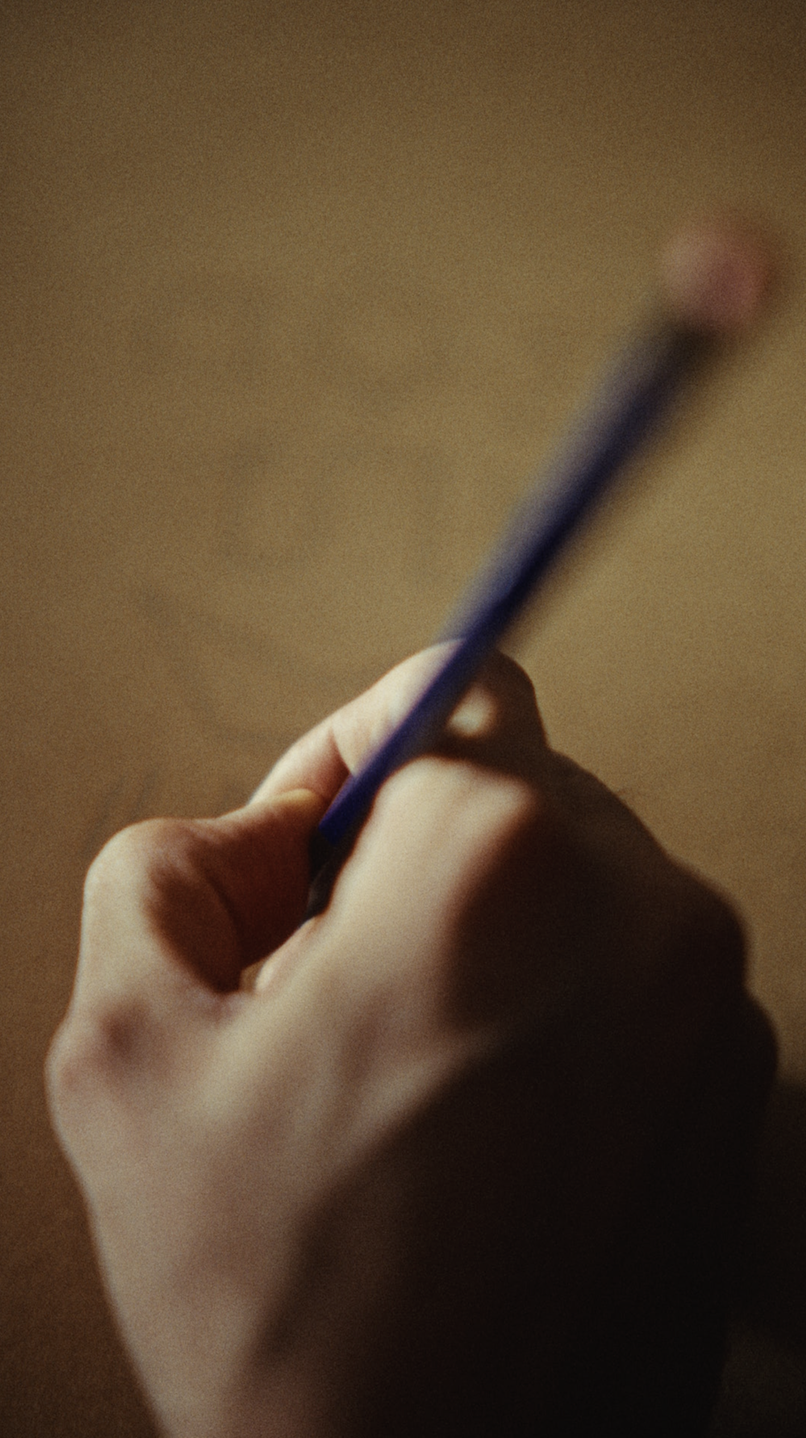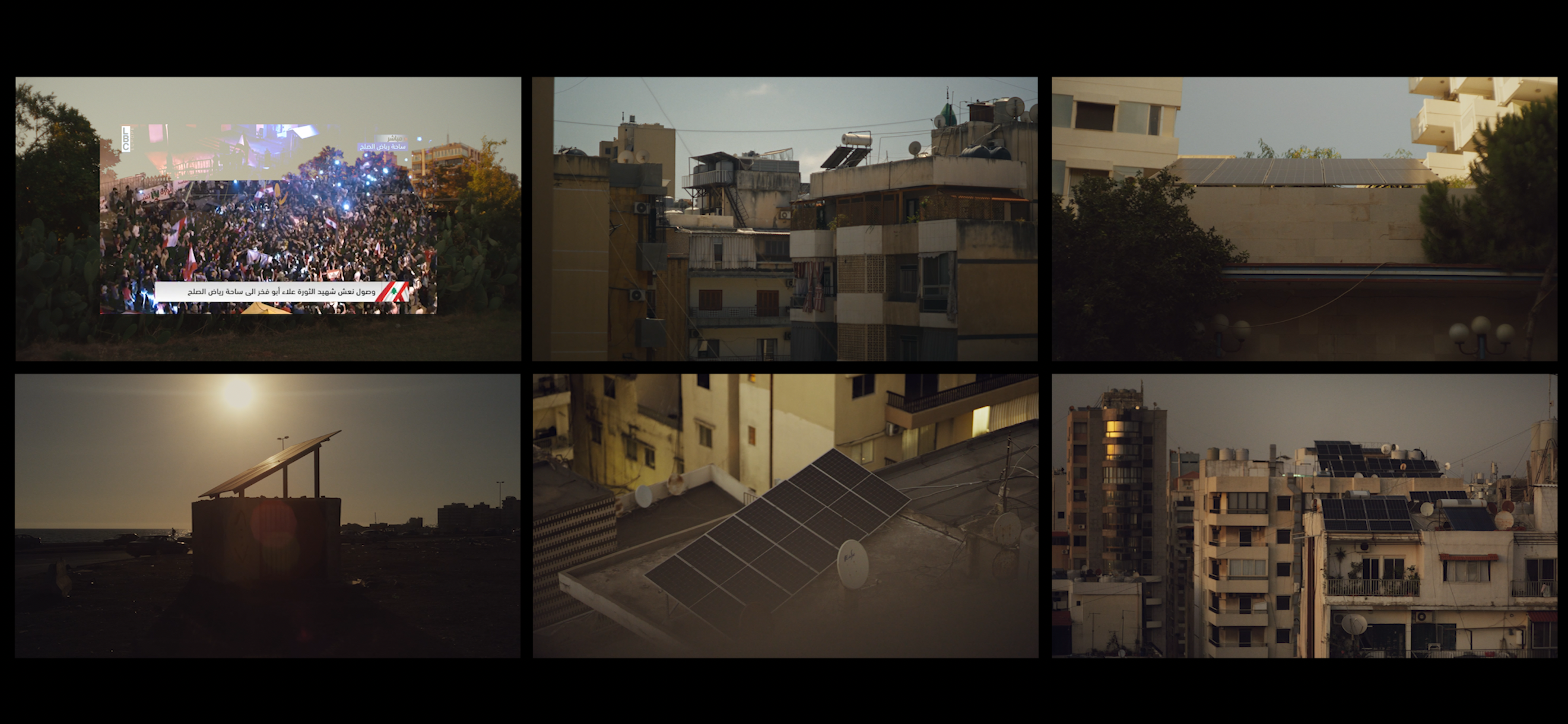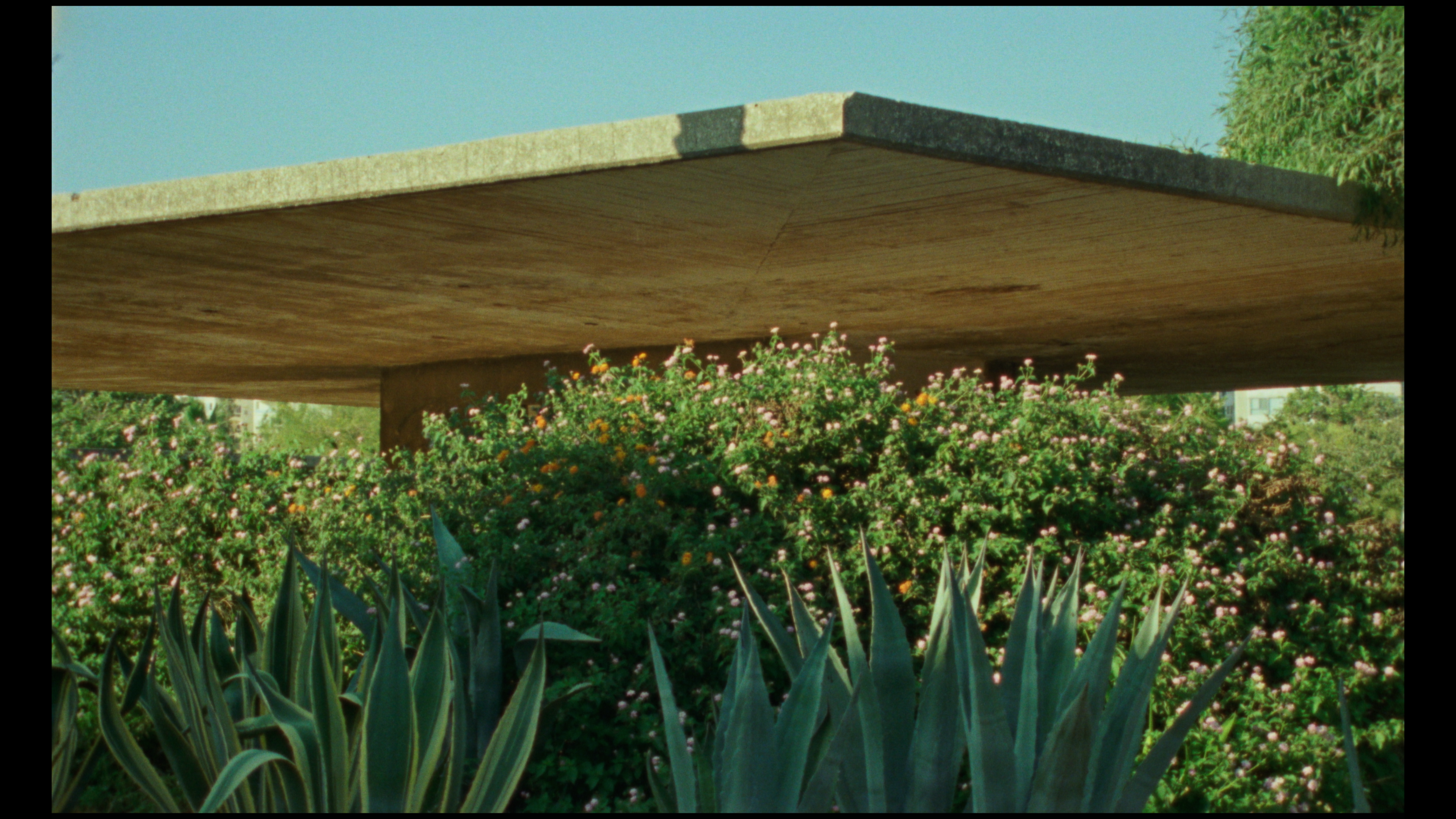Joyce Joumaa is a Lebanese Canadian visual artist and writer based between Beirut, Montreal and Amsterdam. Her work focuses on microhistories within Lebanon, as a way to understand how past structures inform the present moment. Central to her practice is an interest towards the political charge inscribed in space and the social psychology that unfolds out of this tension.
She has exhibited at the Montreal Museum of Fine Art, E-flux Screening Room, Galerie Stewart Hall, the Sharjah Architecture Triennial, the 60th Venice Biennial and the 35th edition of Ljubljana Biennale of Graphic Arts. Recent solo exhibitions have been held at the Canadian Centre for Architecture, Plein Sud Centre D’exposition and Eli Kerr Gallery. She is the recipient of the Hnatyshyn Foundation Prize for Emerging Artists and the 2023 Plein Sud award. Joumaa is a 2024-26 participant in the De Ateliers program in Amsterdam.
She is currently working on her upcoming film with the support of the PERICULUM Foundation.
A temporary loss of consciousness
Thresholds of Insight
Memory Contours
To Remain in the no longer
Selected Install Views
Selected Collaborations
Publications
Sculpture Work
Photo Work
Writings
Press
For CV, Studio Visits, Portfolio or Commissions,
Email me here
︎
2025, Video
In 2001, the first friendly match in history between France and Algeria was organized as a first step towards stronger diplomatic relations between the two country. At minute 76, the fans invaded the pitch and the match was put to halt. By juxtaposing the footage with that of The Battle of Algiers, the work unfolds as an attempt to understand the national social psychology that pertains to post-independence Algeria.
Request a Screener
Request a Screener

2024, Video
In Memory Contours, Joumaa turns to a chapter of the eugenics movement in the United States and its effects on newly arrived immigrants in the early 1900s. Specifically, she investigates the “intelligence” tests designed to identify mental deficiency, potentially leading to the detention and deportation of individuals. Departing from the 1914 U.S. Public Health Service report, Mentality of the Arriving Immigrant, Joumaa focuses on a particular mental test conducted on Ellis Island, New York, where participants were instructed to draw shapes from memory. She replicates four drawings featured in the report as case studies and juxtaposes them with close-up videos of hands recreating each sketch. Their interplay heightens a tension between drawing as a gestural expression and its instrumentalization as a measure of skill and intelligence. Joumaa's installation lays bare the discriminatory controls imposed on newcomers, and the systemic stigmatization of foreignness, linking it to inadequacy, unsuitability, and inferiority.
Text by Julia Eilers Smith
Installation Views
Text by Julia Eilers Smith
Installation Views


2024, Video
Mutable Cycles II explores the influx in solar energy in Lebanon following the current economic crisis. Tracing the scientific trajectory of the earth around the sun, the narration is a reflection on the notion of cyclicality within crises that emerged within the contemporary political history of the country.
Request a screener
Request a screener

2023, Film
To Remain In The No Longer examines the architectural, social and political significance of Niemeyer’s fairground. Through archival materials, interviews with local people, 16mm and digital images of the buildings as they stand today, the film reflects on both the fraught history of this site and its connection to the ongoing financial crisis in Lebanon today.
Request a screener
Request a screener

2021, Video
Merging, Dissecting, Collecting is a video work that explores the concept of the reversed gaze. Using the binocular viewfinder that is thought to be a colonial tool, the images interplay between footage that were shot in Istanbul, Turkey and Tripoli, Lebanon. The former being a place where colonization emerged and the latter being a place where colonization was practiced. Juxtaposed with the sound of history lessons from school textbooks which are used in Lebanon, the work aims at revisiting the history of colonization by the Ottoman Empire in present time and how it is interpreted in contemporary educational knowledge.